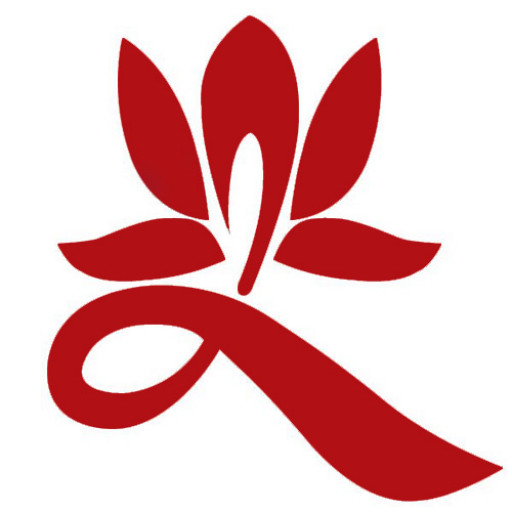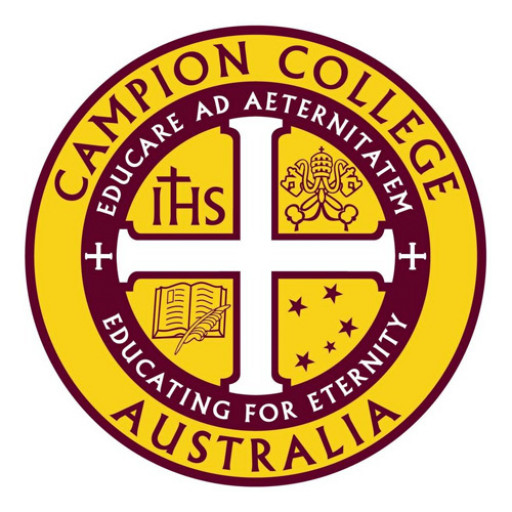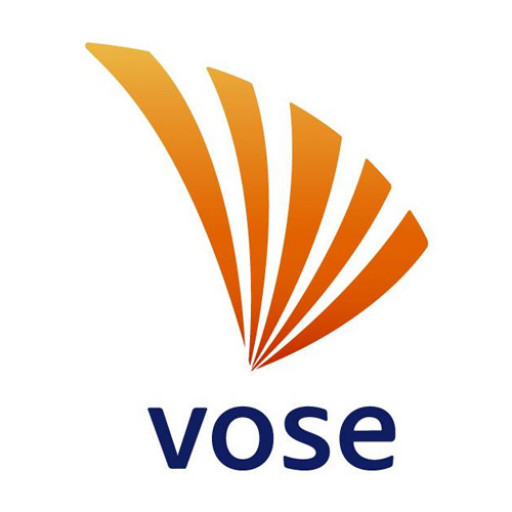The Bachelor of Divinity (BDiv) at the University of Divinity is a comprehensive undergraduate program designed to provide students with an in-depth understanding of Christian theology, biblical studies, pastoral ministry, and religious history. This degree offers an opportunity for students to explore the foundational doctrines of Christianity, engage with biblical texts critically and historically, and develop skills necessary for leadership and service within religious communities. The curriculum emphasizes a multidisciplinary approach, integrating theological reflection, ethical reasoning, and cultural awareness to prepare graduates for diverse roles in ministry, education, research, and community engagement. Throughout the program, students are encouraged to examine contemporary issues through a theological lens, fostering a critical yet compassionate understanding of the role of religion in society. The Bachelor of Divinity combines rigorous academic coursework with practical training, including opportunities for internships, community service, and pastoral placements, ensuring graduates are well-equipped for both scholarly pursuits and real-world applications. Designed for those seeking to deepen their faith, enhance their pastoral capabilities, or prepare for advanced theological study, the BDiv program emphasizes critical thinking, ethical integrity, and spiritual development. Whether pursuing a vocation in church leadership, religious education, or scholarly research, students will benefit from the university’s rich tradition of theological scholarship and commitment to academic excellence. The program is suitable for both local and international students, offering flexible study options to accommodate diverse needs. Graduates of the Bachelor of Divinity are well-prepared to contribute meaningfully to their communities, uphold the values of their faith, and pursue further studies at postgraduate levels. With a curriculum rooted in both tradition and contemporary relevance, the BDiv at the University of Divinity provides a solid foundation for a lifelong engagement with faith, scholarship, and service.
The Master of Divinity (MDiv) program at the University of Divinity is a comprehensive graduate degree designed to prepare students for leadership roles in ministry, theological education, and religious service. This program provides a deep and broad exploration of Christian theology, biblical studies, church history, pastoral care, and mission. Students engage with core theological disciplines through rigorous coursework, reflective practice, and practical training, enabling them to develop a well-rounded understanding of faith and ministry in contemporary society.
Throughout the program, students are encouraged to critically analyze biblical texts, engage with diverse theological perspectives, and explore ethical issues relevant to church and society. The curriculum includes foundational subjects such as biblical Hebrew and Greek, systematic theology, pastoral theology, and liturgics, complemented by electives that allow specialization in areas like pastoral counseling, youth ministry, or interfaith dialogue. Emphasis is placed on integrating academic learning with practical ministerial skills, ensuring graduates are equipped for effective pastoral leadership, community engagement, and social justice advocacy.
Supervised placements and fieldwork are integral components of the program, providing hands-on experience in real-world ministry settings. The program fosters spiritual formation and reflective practice, supporting students in discerning their callings and developing pastoral identity. Small group tutorials, seminars, and theological workshops enable close mentorship and dialogue with experienced faculty members.
The Master of Divinity aims not only to develop scholars but also to cultivate compassionate, morally grounded, and intellectually engaged ministers committed to serving diverse communities. Graduates are prepared to serve in a variety of contexts, including parish ministry, chaplaincy, theological education, and religious leadership positions. The program benefits from the University of Divinity’s rich network of colleges and partners, facilitating a vibrant academic community and ongoing professional development opportunities.
Completion of the Master of Divinity can serve as a pathway to advanced doctoral studies in theology or ministry. Overall, this program offers a rigorous and supportive environment for students dedicated to deepening their faith, expanding their theological knowledge, and enhancing their leadership capabilities for service in church and society.
Program requirements for the Bachelor of Divinity (BDiv) at the University of Divinity include a comprehensive set of academic and theological coursework designed to prepare students for professional ministry, academic research, and religious leadership. Applicants are typically required to hold a recognized undergraduate degree or an equivalent qualification with a strong academic record. Prior to admission, candidates may need to demonstrate proficiency in English and submit references or endorsements from relevant religious or academic authorities. The program mandates the completion of core courses that cover foundational theological disciplines such as Biblical Studies, Systematic Theology, Church History, and Pastoral Practice. Additional specialization options are available, allowing students to focus on areas including liturgical studies, ministry leadership, or interfaith dialogue, depending on their interests and career plans.
Students are expected to undertake a series of coursework units, each with specified credit points, which combine to provide both theoretical knowledge and practical skills necessary for effective ministry. Practical placements or supervised fieldwork are often required to enable students to apply their learning in real-world contexts, fostering pastoral competencies and community engagement. The program also emphasizes research and writing skills, culminating in a major research paper or thesis that explores a key issue in theology or ministry. Assessment methods include essays, exams, presentations, and practical evaluations, ensuring a balanced approach that tests knowledge, analytical ability, and applied skills.
The degree program promotes the development of critical thinking, ethical awareness, and intercultural sensitivity aligning with the university’s commitment to serving diverse communities. Students are encouraged to participate in seminars, workshops, and conferences as part of their academic development. Faculty members typically consist of experienced theologians and practitioners who guide students through reflective and scholarly inquiry. Overall, the program aims to equip graduates with a robust theological foundation, competent ministry skills, and a reflective approach to their professional and spiritual responsibilities. Successful completion of the Bachelor of Divinity program can lead to further postgraduate studies or direct entry into pastoral and religious positions within various denominational contexts.
The financing of the Divinity program at the University of Divinity is structured to facilitate access for a diverse range of students, including domestic and international applicants. Tuition fees are established annually and are published on the university’s official website, ensuring transparency and predictability for prospective students. The program offers various payment options, including full payments, installments, and scholarship opportunities, to accommodate different financial situations.
Students enrolled in the Divinity program are encouraged to explore a range of funding sources. These include government grants, such as the Australian Government’s Higher Education Loan Program (HELP), which allows eligible students to defer their tuition fees and repay them through the tax system after entering the workforce. The university also provides its own scholarships and bursaries, targeted at students demonstrating academic merit, financial need, or commitment to church and community service. Application procedures for these scholarships are outlined clearly on the university’s website, and students are advised to submit their applications by designated deadlines to maximize their chances of receiving financial assistance.
In addition to government and university-funded aid, many students seek external funding sources, including private scholarships, sponsorships from religious organizations, and employer tuition reimbursement schemes. The university’s financial services team offers advice and support to help students identify suitable funding options and navigate the application processes.
International students enrolling in the Divinity program are subject to different fee structures, often higher than those for domestic students, and may not be eligible for Australian government assistance programs. They are encouraged to explore scholarships specifically available for international students and to seek financial advice early in their application process.
The university also provides guidance on managing study-related expenses beyond tuition, such as accommodation, textbooks, and living costs. While the university does not offer specific financial aid for these expenses, students are advised to budget carefully and consider part-time employment options available in the local community, which are compatible with student visa requirements.
Overall, the financing options for the Divinity program are designed to support students throughout their academic journey, ensuring that financial considerations do not hinder access to quality theological education. The university remains committed to transparency, fairness, and accessibility in its financial policies, striving to make its programs attainable for students dedicated to pursuing studies in Divinity.
The Bachelor of Theology (Honours) program at the University of Divinity is designed to provide students with a comprehensive and in-depth understanding of theological concepts, biblical studies, church history, and religious practice. This honours-level qualification typically extends the foundational knowledge acquired in undergraduate studies, emphasizing critical analysis, scholarly research, and engagement with contemporary theological debates. The program aims to equip students with the necessary skills to undertake advanced projects, including independent research, and prepares graduates for various careers in ministry, academic, or community leadership roles.
Throughout the course, students explore a wide array of topics including biblical languages, systematic theology, ethics, and pastoral care, often engaging with both historical and contemporary perspectives. The curriculum is structured to foster analytical thinking, philosophical inquiry, and practical application of theological principles within diverse cultural and social contexts. The program emphasizes scholarly rigor, encouraging students to participate in seminars, writing projects, and collaborative discussions that enhance their intellectual development.
Students have access to the university’s extensive resources, including theological libraries, research centers, and faculty expertise, which support their learning experiences. The program may also include opportunities for placements, internships, or community engagement, allowing students to apply their theoretical knowledge in real-world settings. Graduate outcomes include readiness for further academic pursuits such as master's or doctoral studies, or for leadership roles within religious communities, educational institutions, and social services.
The University of Divinity’s distinctive approach combines academic excellence with spiritual formation, fostering a reflective and ethical approach to ministry and scholarship. The program is typically delivered through a mix of lectures, tutorials, online learning modules, and independent study, accommodating the needs of diverse student populations. The Bachelor of Theology (Honours) at the University of Divinity is recognized for its academic credibility, fostering both personal growth and professional competence.





